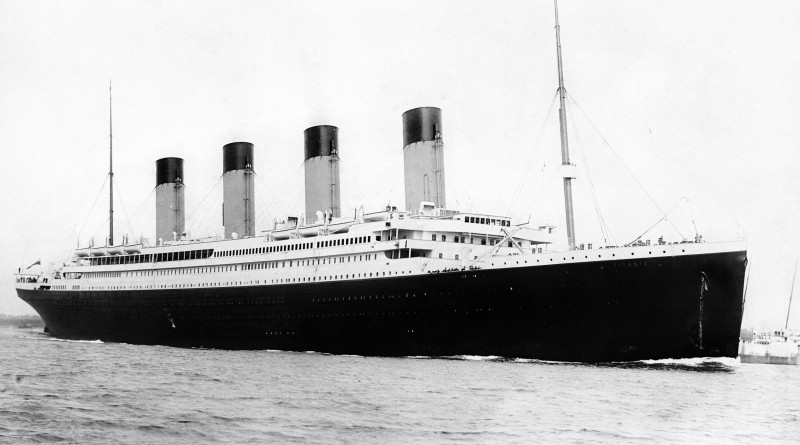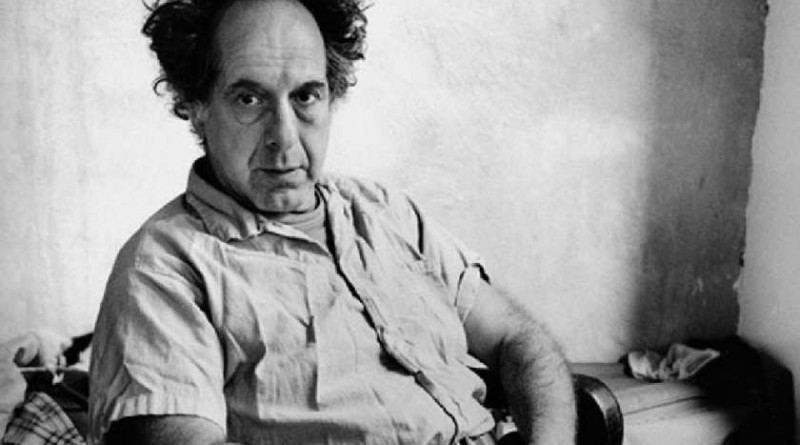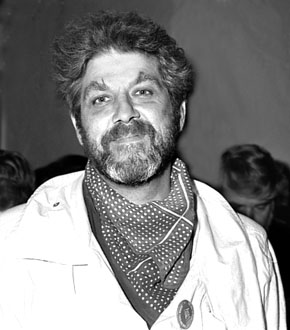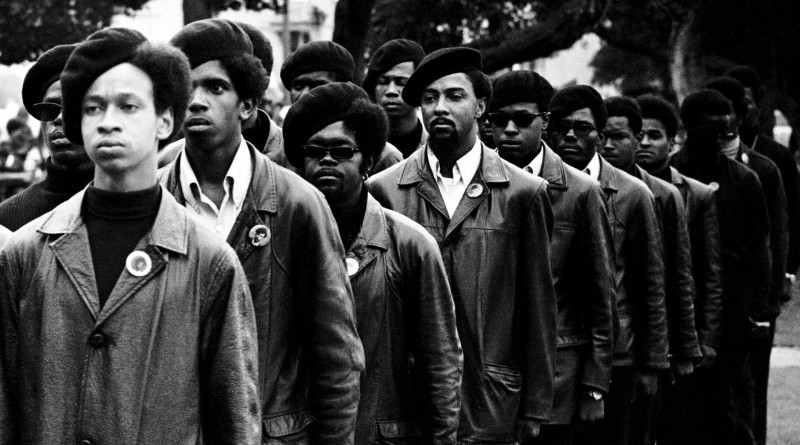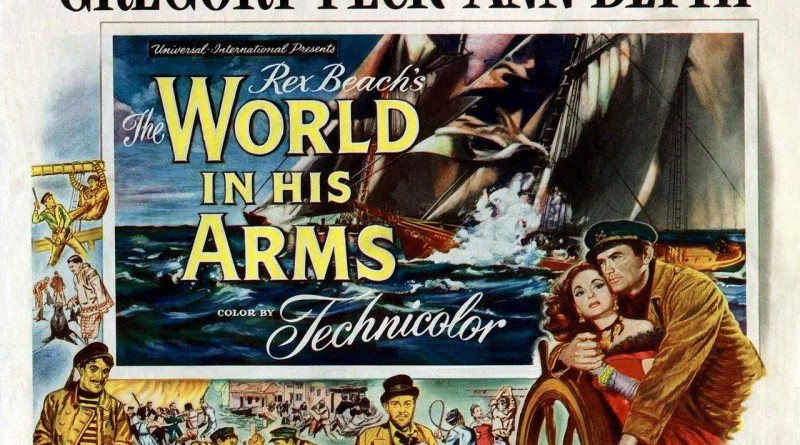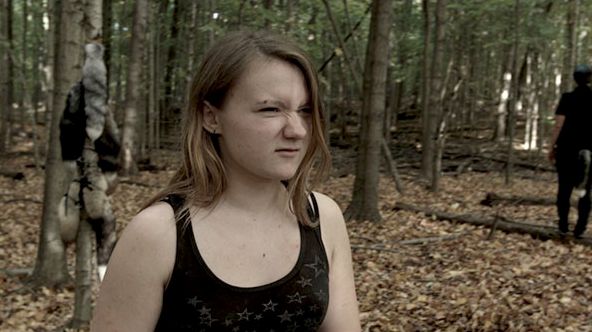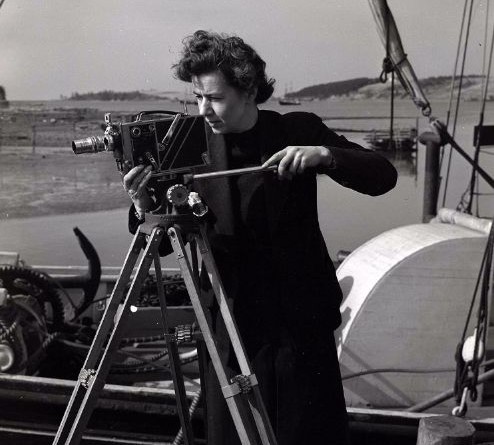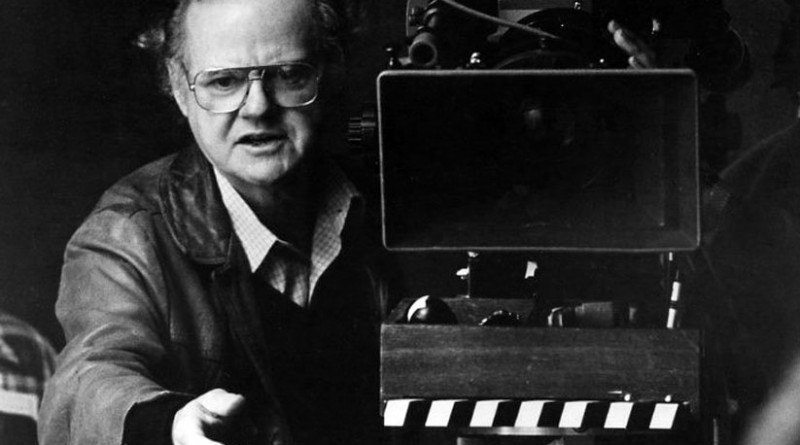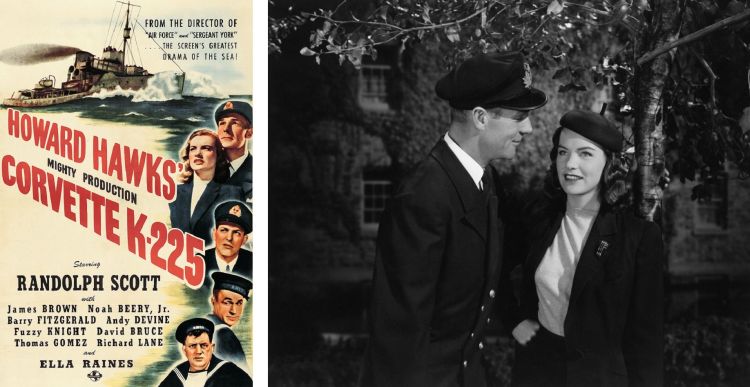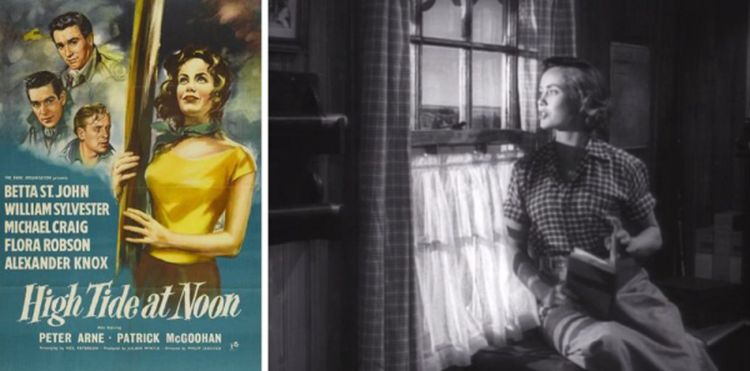Slut: The Play, by Theatre Antigonish – A Review
Theatre Antigonish presented the bracing 80-minute work Slut: The Play at Mount Saint Vincent University’s multi-purpose room Saturday night, invited by MSVU’s Alexa McDonough Institute.
The drama was developed in New York using real stories told by young women. Katie Cappiello shaped it into an 11-character piece that jumbles storylines and builds up choral-like effects. The result was a brisk and satisfying theatrical experience.
The real point of Slut, however, is to confront contemporary issues of sexual assault in high school and university age groups. Because it is an all-female play, the point of view is aptly skewed to explore the current contradictions in sexual behaviour and expectations.
The play brings contemporary issues to the forefront. Its initial run in Antigonish ended in December, but the troupe has toured the play around the Province since then. I heartily recommend that you take the opportunity to see the play if it comes to a theatre or school near you. It is an important work of art that deals directly with an issue that touches all of us, in one way or another.
Read more


